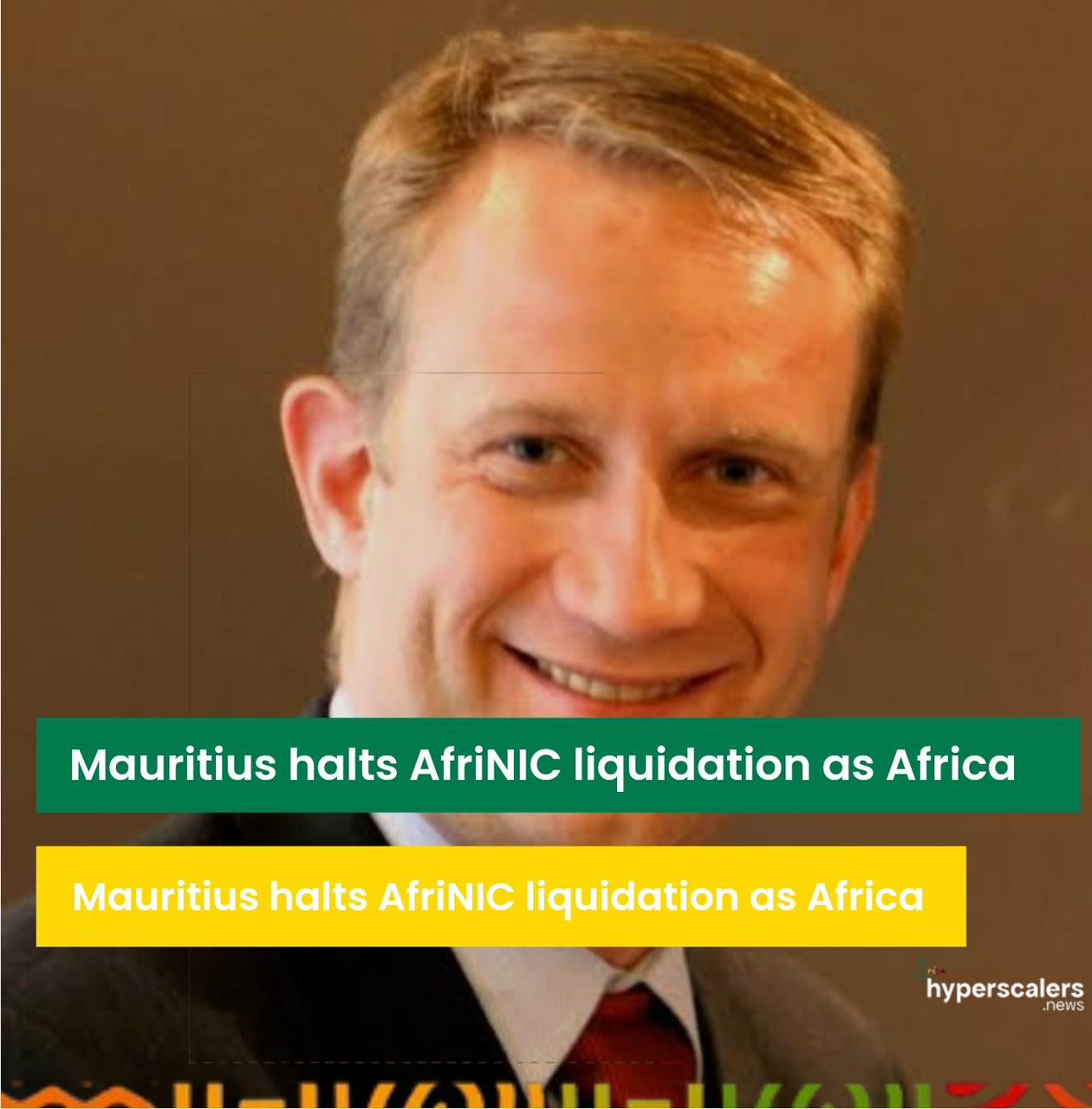In a quiet but decisive move, the government of Mauritius halted the liquidation of AfriNIC, Africa’s only Regional Internet Registry, by reclassifying it as a “Declared Company” under Section 230 of the Companies Act. The notice, buried in the Government Gazette with no accompanying statement, immediately froze court proceedings and signaled a turning point in a crisis that has threatened the continent’s digital future.
AfriNIC is not just another company – it is a strategically important, sole body responsible for allocating IP addresses across Africa and maintaining the continent’s Internet resource registry. For months, its existence has been under threat, caught in a protracted legal battle initiated by a private entity with an outsized allocation of IPv4 addresses. What began as a shareholder dispute had evolved into a direct challenge to the infrastructure of Africa’s Internet.
By July, international concern had reached a boiling point. Behind the scenes, civic leaders and ministers across Africa exchanged urgent memos. In a letter signed by its CEO, Kurt Erik Lindqvist, ICANN, the global steward of Internet coordination, sent a 15-page letter warning Mauritius’ Minister of ICT that the collapse of AfriNIC would have cascading consequences for the stability of the global Internet. The intent of letter indicated this was not a commercial dispute. It was a crisis of public infrastructure. Alongside that, civil society and legal experts were preparing an amicus brief, asserting that AfriNIC’s role as a public-interest institution could not be undone through private litigation.
The Gazette offered no grand resolution. It did not restore AfriNIC’s functionality, nor did it resolve the underlying disputes. Instead, it suspended the liquidation and placed AfriNIC into a legal limbo: technically alive, institutionally impaired, and now under potential state supervision. The government may appoint an inspector to assess AfriNIC’s operations, but the designation introduces new ambiguity. AfriNIC is no longer a purely community-run non-profit, nor has it become a state-owned entity. It sits in a legal middle ground, governed by a host country that allowed its deterioration to unfold for years.

The African Internet community has no illusions. AfriNIC’s governance remains frozen. Its board is vacant. Its electoral and policy processes are paralyzed. The registry remains institutionally suspended and legally vulnerable. The Gazette changed the tempo, not the outcome.
This moment demands continental action. AfriNIC must be insulated from national legal fragility and speculative litigation. Its legal personality must be reinforced through African Union mechanisms. Its mandate must be codified as a protected public infrastructure asset serving 49 countries. Sovereignty over digital infrastructure cannot be improvised through crisis management or legal patchwork.
“When a goat stays silent at the butcher’s door, it has already accepted the knife,” said Emmanuel Vitus, a leading voice in Africa’s digital governance community. “AfriNIC must not be the silent goat. The community has spoken. Now is the time to legislate, to protect, to build.”
Africa must treat the protection of AfriNIC not as a one-off defense but as part of a broader imperative to secure its digital sovereignty. The events in Port Louis are a warning. The future of African Internet governance cannot depend on host-country discretion or global pressure. It must be built on law, backed by institutions, and driven by collective will.





